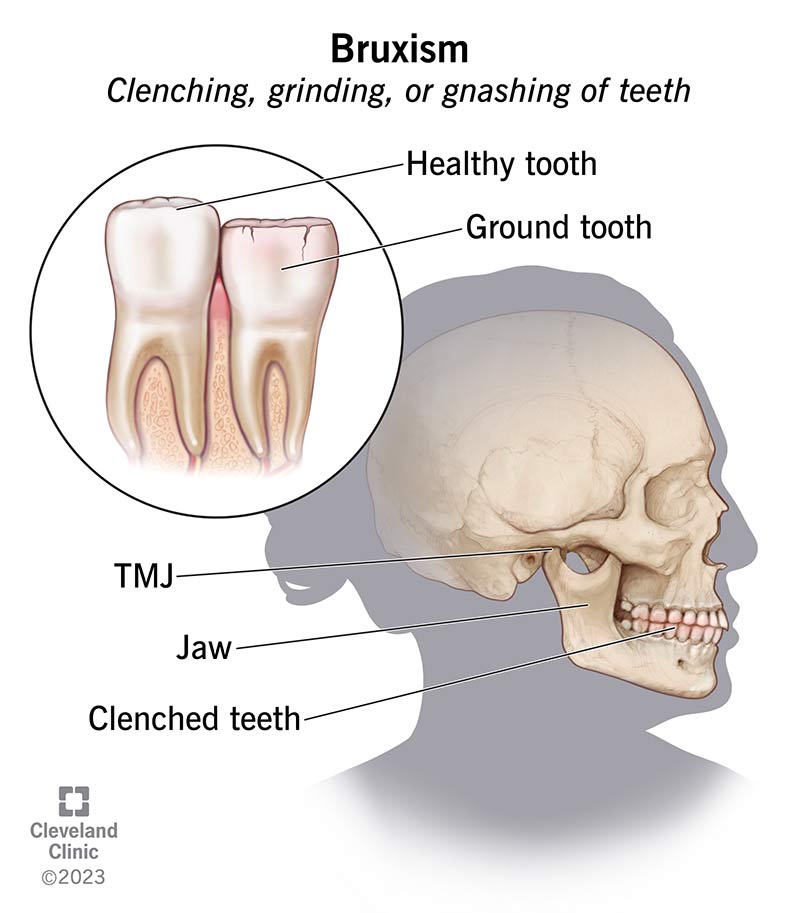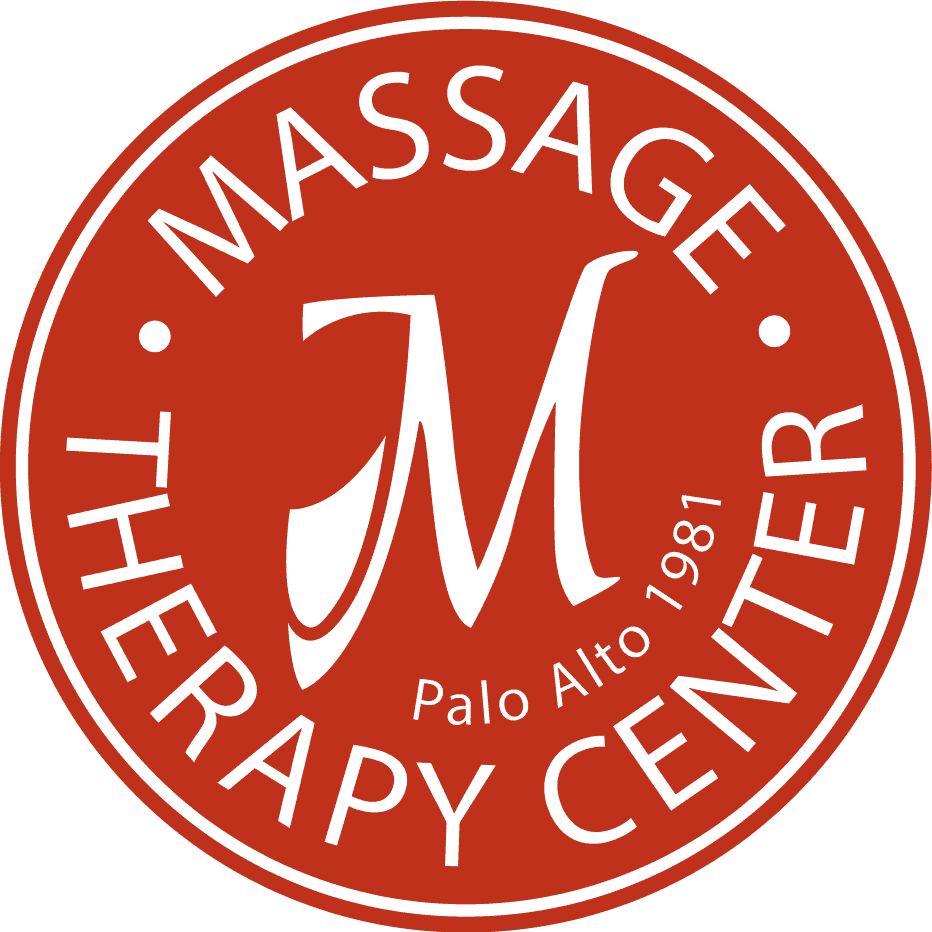Understanding Teeth Clenching 🦷 : Why We Do It and How a Jawline & Scalp Massage Can Help

If you’ve ever woken up to a sore jaw or caught yourself clenching your teeth at the office, you’re not alone. Teeth clenching—often referred to as bruxism—impacts countless individuals daily. While it frequently occurs without us even realizing it, chronic clenching can lead to headaches, jaw pain, and even tooth damage over time.
Below, you’ll find insights into:
- 📝 What triggers teeth clenching
- 💥 How it affects your daily life and well-being
- 💆 How a specialized jawline & scalp massage can alleviate tension
🦷 What Is Teeth Clenching (Bruxism)?
Teeth clenching, or grinding, happens when the upper and lower teeth press firmly together, often involuntarily. Bruxism can manifest during the day or at night (sleep bruxism). While mild, occasional clenching might not cause severe harm, persistent and forceful clenching can create ongoing discomfort and dental problems.
Common Signs of Bruxism
- ⚠️ Sore or tense jaw muscles
- ⚠️ Sensitive or aching teeth
- ⚠️ Frequent headaches (especially in the temples)
- ⚠️ Ear pain from referred jaw tension
- ⚠️ Disturbed sleep (if grinding occurs at night)
🔥 Why Do We Clench Our Teeth?
- Stress & Anxiety
Many people tighten their jaw muscles when feeling anxious, stressed, or overwhelmed. - Sleep Disorders
Conditions like sleep apnea or snoring can trigger nighttime grinding as the jaw shifts to open the airway. - Misaligned Bite
When the upper and lower teeth don’t align correctly, the jaw can become strained, leading to involuntary clenching. - Lifestyle & Habits
Excessive caffeine, alcohol, or tobacco use may intensify clenching. Certain medications can also increase grinding tendencies.
💥 Effects of Chronic Teeth Clenching
- 💢 Jaw Pain & Tension: Overworking the jaw muscles (masseter, temporalis) leads to persistent soreness.
- 💢 Headaches & Migraines: Tension radiating from the jaw can cause frequent headaches or migraines.
- 💢 Tooth Damage: Enamel wear, chips, and even fractures can result from prolonged grinding.
- 💢 Sleep Disruption: Nighttime clenching can interrupt your rest and disturb a partner’s sleep.
💆 How a Jawline & Scalp Massage Can Help
A jawline & scalp massage stands out as a highly effective, non-invasive method to alleviate jaw tension and combat the negative effects of bruxism. Here’s why:
- Muscle Relaxation
- 🔑 By applying targeted pressure to your jaw, temples, and scalp, massage therapy can loosen knots and reduce stiffness.
- Enhanced Circulation
- 🔑 Massages naturally boost blood flow, delivering more oxygen and nutrients to overworked muscles.
- Stress & Anxiety Relief
- 🔑 Gentle massage stimulates the production of “feel-good” hormones like serotonin and dopamine, lowering stress—an essential step in stopping clenching.
- Pain Reduction
- 🔑 Reducing tension around the jaw and scalp can decrease headaches, jaw discomfort, and earaches.
- Better Sleep
- 🔑 When your jaw is relaxed and your mind is calmer, you’re more likely to enjoy deeper, more restorative rest.
🏩 Experience Relief at Palo Alto Massage Therapy Center
At our center, we offer a 15 min Jawline & Scalp Massage add-on focused on your jaw muscles, temples, and scalp:
- ✨ Initial Consultation
We’ll start by asking about your symptoms, lifestyle factors, and any daily habits that might contribute to teeth clenching. - ✨ Targeted Techniques
Our trained therapists use precise, gentle manipulations to relieve tightness in the jaw, around the temples, and across the scalp. - ✨ Individualized Approach
Since everyone’s triggers and tolerance levels differ, we tailor each massage to your unique needs—adjusting pressure and focusing on problem areas. - ✨ Post-Massage Guidance
After your session, we’ll suggest exercises, relaxation strategies, and other tips to keep your jaw tension at bay and prevent future clenching.
🌟 Practical Tips to Complement Your Massage
- 💡 Stress Management
Try guided breathing exercises, meditation, or yoga to lower overall stress and reduce muscle tension. - 💡 Jaw Exercises
Simple at-home stretches—like slowly opening and closing your mouth while moving your jaw side-to-side—can keep muscles flexible. - 💡 Limit Overstimulation
Reducing caffeine or alcohol intake, and avoiding gum chewing, can lessen the urge to clench. - 💡 Better Sleep Routines
Maintain a consistent sleep schedule and consider a dentist-recommended mouthguard if nocturnal grinding is severe.
💬 In Conclusion
Teeth clenching can stem from stress, alignment issues, or other lifestyle factors, but it doesn’t have to dominate your life. A Jawline & Scalp Massage at our Massage Therapy Center offers a soothing and effective way to release built-up tension and restore comfort. When combined with mindful self-care and stress-management techniques, regular massage therapy can help prevent long-term damage and pave the way toward a more relaxed, pain-free jaw.
Ready to banish jaw tension?
Book a Jawline & Scalp Massage with us and experience how targeted muscle relief can transform your comfort, mood, and overall well-being.
